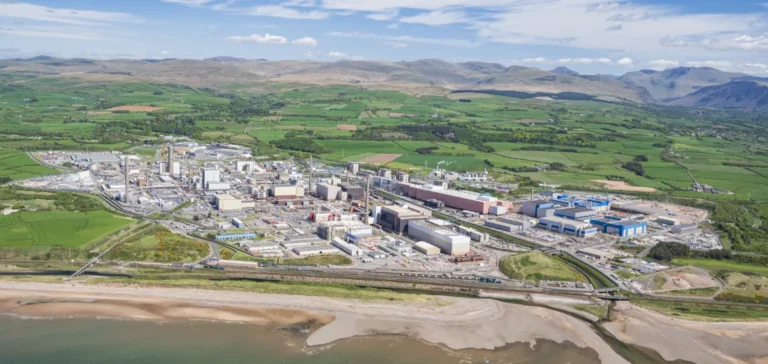Costain, the UK-based infrastructure solutions company, has been appointed as Utilities Delivery Partner at the Sellafield nuclear decommissioning site under a long-term agreement valued at up to £1bn ($1.21bn). The contract is part of Sellafield’s broader Infrastructure Delivery Partnership (IDP), which has a total potential value of £2.9bn ($3.51bn) across three lots.
Fifteen-year mission to upgrade critical utility systems
The awarded contract spans an initial nine-year term, with an option to extend for an additional six years. As Utilities Delivery Partner, Costain will be responsible for detailed design, procurement, installation, construction, commissioning and operational handover of a wide range of utility systems. These include steam distribution, water supply and treatment, compressed gases, and other essential on-site and off-site services.
According to Costain, the deal builds on a partnership with Sellafield that dates back to 2005. The company will leverage its cross-sector experience in water, energy and transportation infrastructure to meet the technical demands of one of the most complex and regulated nuclear sites in the UK.
Expanded role in the UK’s nuclear value chain
This latest award reinforces Costain’s strategic position in the UK’s civil nuclear market. The company is already involved in key projects including decommissioning at the Trawsfynydd nuclear power station in Wales, project controls support for Electricité de France’s eight UK nuclear facilities, and design of Urenco’s new advanced nuclear fuels plant in Cheshire.
Costain has also secured a position on a multi-year framework agreement supporting the Sizewell C construction project, demonstrating the firm’s ability to operate across the nuclear infrastructure lifecycle. These engagements provide the company with a steady pipeline of work in a highly regulated environment.
Long-term public-private collaboration model
Sellafield’s IDP framework is designed to ensure long-term infrastructure upgrades while maintaining operational efficiency and value for public investment. Sellafield Ltd aims to secure a robust infrastructure network capable of supporting decommissioning and nuclear waste management operations.
The partnership model also aims to generate regional economic benefits in Cumbria through investment and job creation. Strategic collaboration with industrial partners is a key element in delivering complex nuclear site transformations while maintaining safety and compliance standards.






















